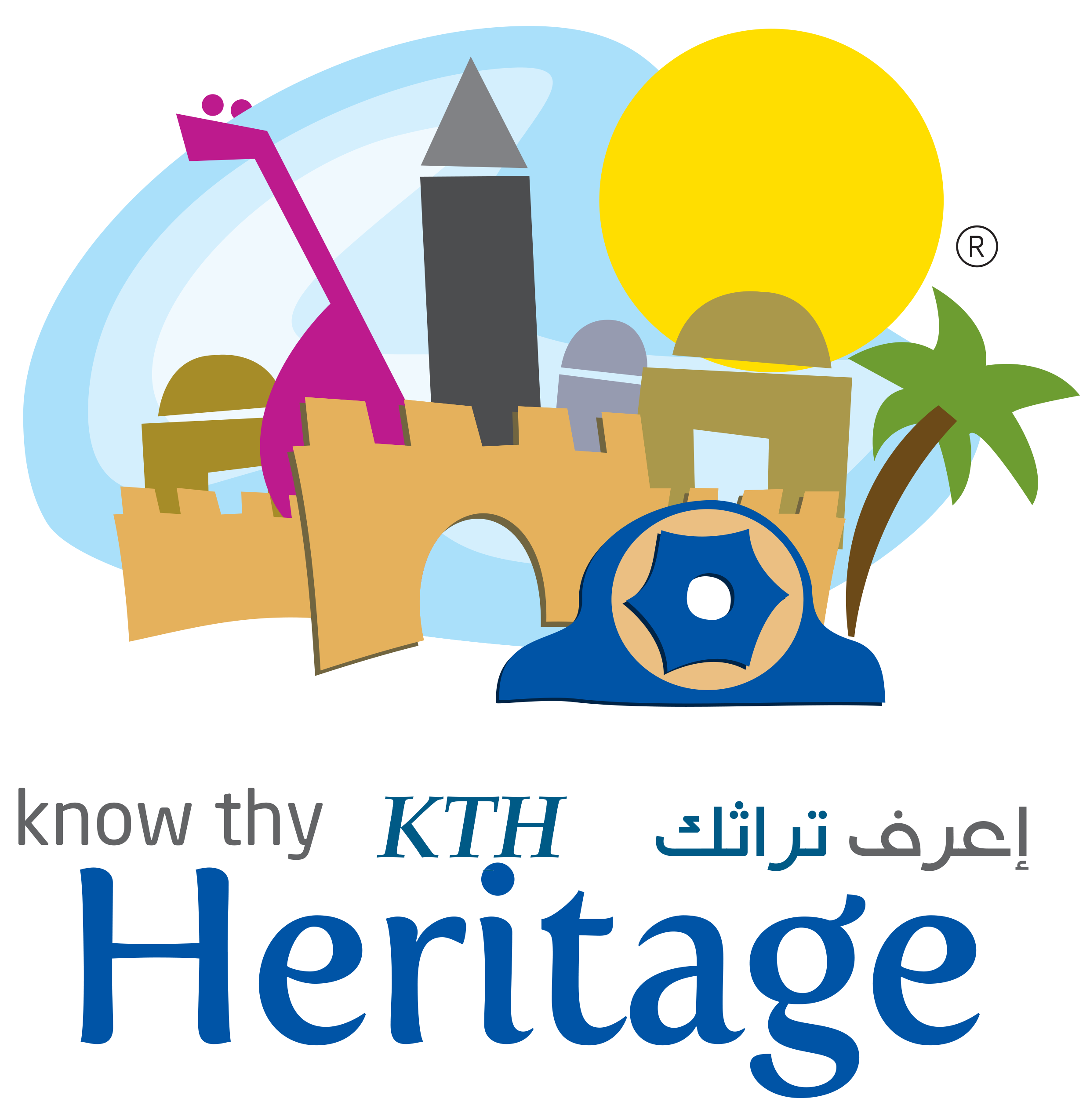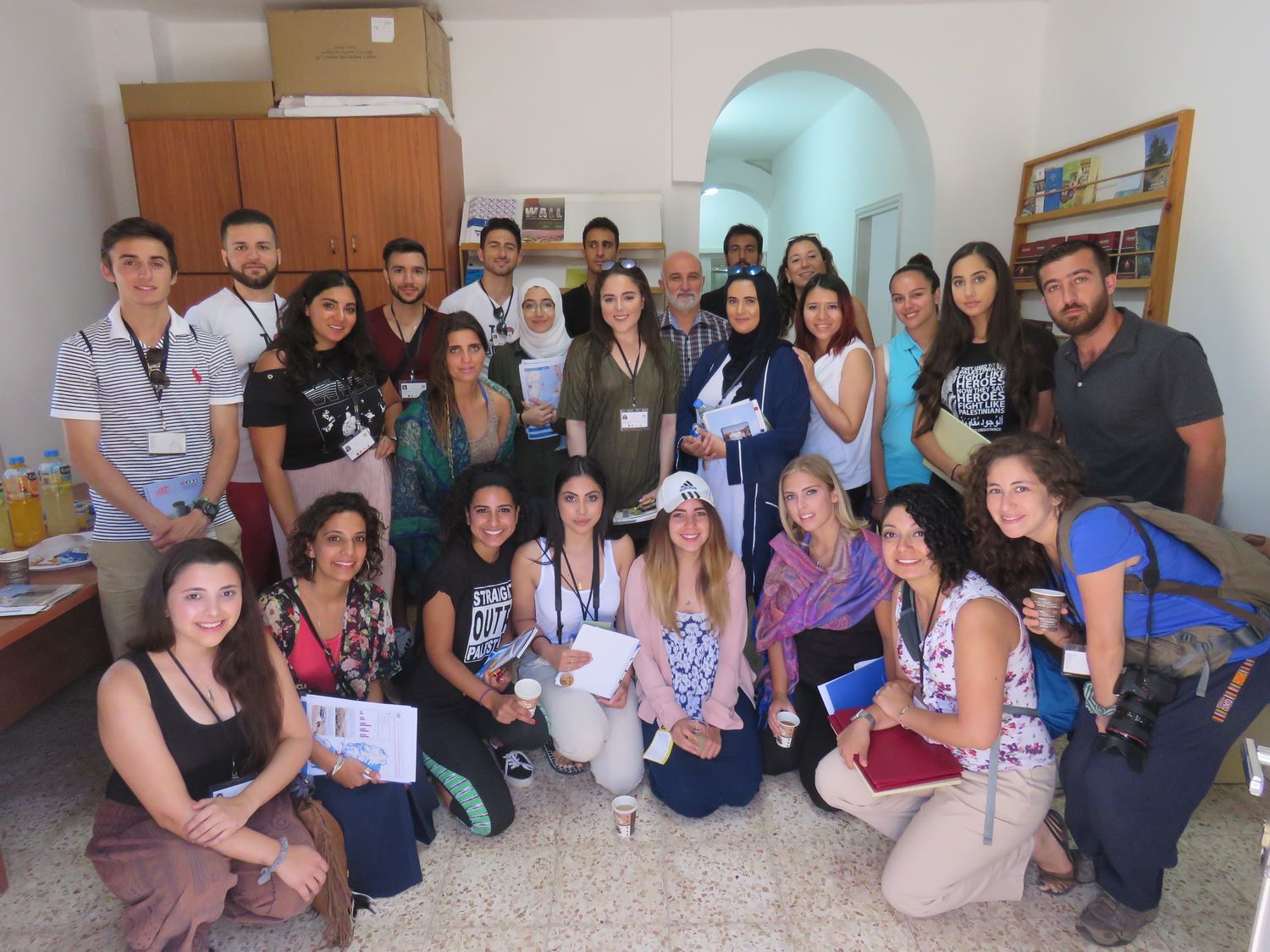Ramallah – Delegates spent their day in Ramallah
“Every day, we are closer to understanding both the joy and the grief of being Palestinian in Palestine.” – A Reflection by Sara Halimeh
Today we spent the day in Ramallah, a beautiful city very different from any we have visited so far. Our first stop was Yasser Arafat’s tomb to pay our respects to the great leader of the PLO and the Palestinian people. Although many things have changed since his death, he is still greatly respected and loved. Afterward, we visited the Mahmoud Darwish Museum, where we learned about the life and work of Palestine’s national poet, Mahmoud Darwish. Darwish was born during the Nakba and lived the entirety of his life either under Israeli military rule or in exile. As a symbol of our collective struggle, his poems are known by heart by millions across Palestine and the Middle East. We were honored to learn more about his life and to read his poetry.
Our next stop was to meet with Dr. Hanan Ashrawi, a prominent Palestinian Legislator, Activist and Scholar. During our meeting, Dr. Ashrawi told us about her work and answered our questions about unification, about the difficulties faced here, about relations between competing political parties, and about the importance of our activism in the West. She offered a strong perspective that greatly impacted our view of Palestine and what we could do to help.
In the afternoon, we visited a youth center called Sareyyet Ramallah, the home of the first Scout Troop in Ramallah! It was a touching opportunity to see the youth of Palestine in action, creating joy for themselves despite the limitations imposed by the occupation. With offerings including basketball, swimming, dabke and leadership programs, this truly is a place for children and youth to come, learn, play, and enjoy life. Afterward, we visited Bank of Palestine’s headquarters learning about the many services they offer in support of Palestine, including both financial and cultural ventures. The Bank of Palestine encouraged us to stay involved in our homeland, noting that as Diaspora Palestinians, we have an important role to play by investing in Palestine’s financial growth and development.
In the late afternoon, we had the opportunity to have our very first group dabke lesson, where we learned the first 7 steps of a longer dabke performance. The El Funoun group, one of the best and most active groups in Palestine, hosted us for this unforgettable lesson. Dabke is the traditional dance of Palestinians, as well as others in the Levant region. We sweated a lot, but it was definitely a highlight of the trip. It was a very active way to keep our culture alive!
We finished our day at the 7th Annual Rosanna Festival in the small town of Birzeit just outside of Ramallah. There, we saw the reenactment of a zaffe (henna party) and a traditional Palestinian wedding. Children performed poetry, and we took in the many festival stalls and booths which offered traditional food and artisan crafts.
Although we were exhausted by the end of it, it was a fantastic day. We felt so deeply connected with our culture and we were heartened to meet the past and present leaders of Palestine. Seeing our people celebrate our culture at the festival was heartwarming. However the most impactful event of the day was still to come.
On the way home to Bethlehem, we were stopped at a checkpoint where IDF soldiers boarded our bus and ordered us to show our passports. Our tour guide was ordered off the bus, and after some negotiation, we were allowed to take him with us on the Palestinian roads. These roads are windy and much slower than the Israeli roads we had been using. We were protected because of our Western passports, which made this all the more heart wrenching. This experience cemented the occupation for us once more, and we will never forget it. The injustice and sheer arbitrariness of it stood in stark contrast to the positive experiences of today. I feel that every day, we are closer to understanding both the joy and the grief of being Palestinian in Palestine.




